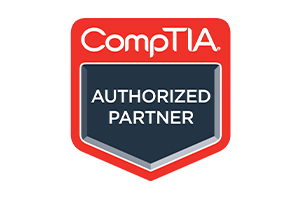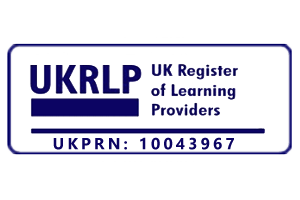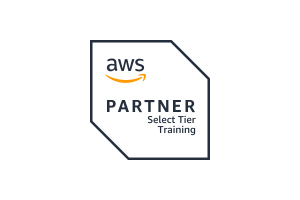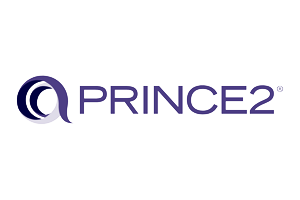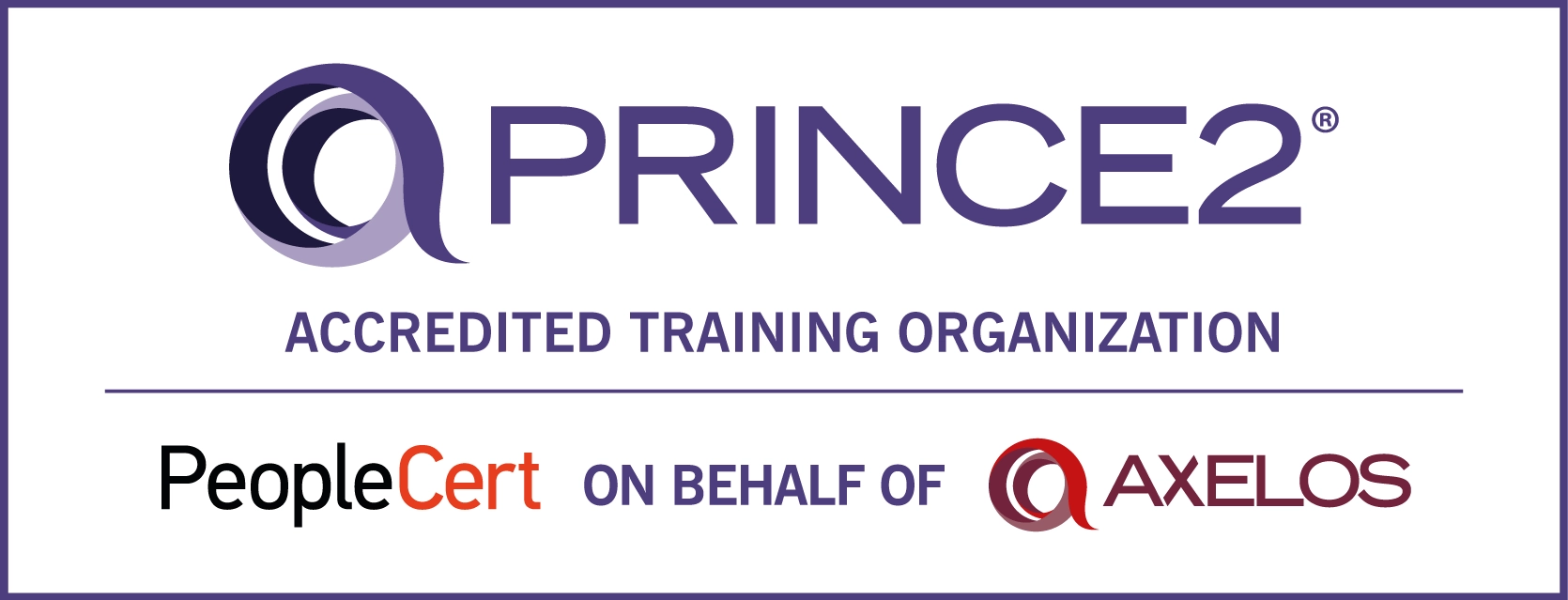If you are worried about finding a job after finishing your IT/Cyber/PM
course, you are in a very large club of fellow students! The anxiety around
finding a job after finishing your courses is a common issue facing many
students, especially after you have put a lot of time and money into your
studying and want to get a job straight away.
Looking for your first role in a new industry that you have no experience in can
be a big challenge, and you might feel like you do not know where to start. This
article is here to help you clear the hurdle of how to get your first job
without any/much practical experience, and to give you some top tips to help you
get into the industry!
1.) Spend time on your CV
It sounds like an obvious tip but working on your CV is an essential part of
landing your first role. Make sure that you tailor your CV to the position that
you are applying to, this will maximise your chances of getting noticed and show
your passion for the industry and role that you are applying to.
If you are applying to Project Management roles, your CV needs to be tailored to
a Project Manager CV. Your CV should revolve around Project Management, and show
your certifications that are relevant, prior work experience, and a good
stand-out personal profile to show your interest.
If you have a super generic CV that you use to apply to lots of different roles,
and you never tailor it then you are making a big mistake! Having a good
industry-focused and tailored CV will be a huge help in landing your first role.
2.) Write a good cover letter!
Write a cover letter and amend it depending on the role that you are applying
for!
This will show that you have taken time out of your day to specifically apply
for the role and write a tailored cover letter. I recommend having a cover
letter template, that you can amend for different roles. Your cover letter
should include why you are applying for the role, what interested you about the
role, and what relevant skills/certifications/experience you have that you can
bring to the role and the team.
Show that you have researched the company, maybe mentioning something that they
do/are working on / something you wouldn't have known from just reading the JD.
This will show that you are interested in the company and the role, and haven't
just sent a generic CV.
You can even use LinkedIn to search for the manager's name/hiring manager's name
and address your cover letter to them to make it even more personalised. All of
this will help you stand out from those who send a generic cover letter and
especially from those who don't even write a cover letter.
3.) Update your LinkedIn
LinkedIn is a super powerful tool that most employers use/check nowadays! A LOT
of employers check your LinkedIn profile, so make sure it is up to scratch!
Update your licenses and certifications, your work experience, your about
section, your headline, everything needs to be spot on.
Think of your LinkedIn as your online CV, that literally ANYONE can look at
whenever they want. It needs to look good and represent you, and your experience
and what you are looking for.
You can also use LinkedIn to network and link with other professionals in your
industry, and build connections! You can learn industry news, keywords, what's
going on in the job market, and much more. You can also connect with Recruiters
and Employers and reach out to them on LinkedIn, alongside your CV & cover
letter. There are also a lot of jobs posted daily on LinkedIn, so you can use
your online profile alongside your CV to apply to roles.
Having a solid LinkedIn profile that you use and update regularly is definitely
essential.
4.) Contact Recruiters!
Recruiters are there to help you find your first role, and there are hundreds of
agencies that specialise in this all across the UK. Their sole purpose is to
help place you in a role, so contact some Recruitment agencies in your area that
specialise in the industry you are looking to get into and send them your CV!
This will boost your chances of landing a role as you are putting yourself out
there to as many people as possible that can help you, and Recruiters often work
on roles that you won’t find on job sites.
5.) APPLY, APPLY, APPLY!
So, you have your CV sorted, your cover letter, your LinkedIn profile, you've
reached out to Recruiters, what's next?
Applying to roles!
Use as many job sites as you can to hunt for roles on - this can include
LinkedIn, Indeed, Reed, Totaljobs, Monster, CV-Library, and more. There will be
different roles on all websites, and the more you apply to the better chance you
have.
You can also check company websites direct to see if they are hiring.
Do not get disheartened when you don't get the response you want right away, it
takes time to land the perfect role. You will most likely have to take
rejections, no’s, no responses, but don't let it get you down! If you just give
up at this stage, all that hard work and studying will have been for nothing.
Keep applying and putting yourself out there, and the right role will come!
If you are a current/ex Robust IT student and need help with your job search,
contact our Career & Recruitment Specialist kat@robustit.co.uk for a
confidential chat.
